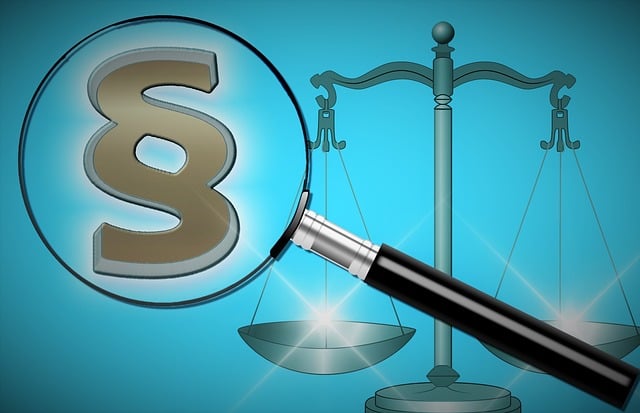RF Regulatory Agency (RFRA) investigations carry significant weight in determining compliance and can lead to substantial consequences for non-compliant individuals or corporations. To overturn a wrongful conviction, defendants must understand the investigation process, focusing on data collection and technical analysis. Key steps include gathering robust evidence, consulting experts, building relationships, and engaging specialized legal counsel. This strategic approach aims for fairness and justice. After the investigation, the appeals process is vital, requiring compelling arguments challenging evidence, legal questions, or procedural issues. An experienced legal team guides clients through these complex procedures to secure fair outcomes.
RF Regulatory Agency investigations can have significant impacts on individuals and businesses, making it crucial to understand the process. This article provides an in-depth look at RF investigations, focusing on how to Challenge and Overturn a Conviction. We explore Steps to Overturn a Wrongful Conviction, including post-investigation procedures and appeals, ensuring justice is served. By understanding these processes, you can better navigate potential RF regulatory issues and protect your rights.
- Understanding RF Regulatory Agency Investigations
- Steps to Challenge and Overturn a Conviction
- Ensuring Justice: Post-Investigation Procedures and Appeals
Understanding RF Regulatory Agency Investigations

RF Regulatory Agency Investigations play a vital role in ensuring compliance with radio frequency (RF) standards and regulations. These inquiries can have significant implications for corporate and individual clients, impacting their operations and reputations. Understanding the process is crucial, especially when aiming to overturn a wrongful conviction. The investigation typically involves meticulous data collection and analysis at every stage of the investigative and enforcement process. Regulatory agencies delve into technical aspects, examining equipment, signal transmissions, and potential interference to identify violations.
By following the right steps—including gathering comprehensive evidence, consulting experts, and engaging with both the philanthropic and political communities—those facing RF-related charges can mount a robust defense. This strategic approach may help overturn wrongful convictions, ensuring fairness and justice for all stakeholders involved.
Steps to Challenge and Overturn a Conviction

When facing a wrongful conviction, individuals have legal avenues to challenge and overturn their case. The process often involves careful planning and strategic actions. One of the initial steps is to gather compelling evidence that supports the claim of error or injustice. This may include scientific tests, witness recantations, or newly discovered facts not presented during the original trial.
A well-prepared and presented winning challenging defense can lead to significant outcomes such as achieving extraordinary results or even securing a complete dismissal of all charges. Engaging experienced legal counsel specializing in RF regulatory agency investigations is pivotal. They will guide you through each stage, ensuring your rights are protected and providing the best chance at a favorable verdict.
Ensuring Justice: Post-Investigation Procedures and Appeals

After an RF Regulatory Agency (RFRA) investigation concludes, the focus shifts to ensuring justice for all parties involved. Individuals or entities found guilty of violations have the right to appeal the decision, which is a crucial step in the process. The appeals process offers an opportunity to review evidence, legal arguments, and procedural aspects to determine if any errors were made during the initial investigation. This is especially important in cases of white-collar and economic crimes, where allegations can significantly impact individuals’ lives and careers across the country.
To overturn a wrongful conviction, those appealing must present compelling reasons that challenge the validity of the evidence, raise legal questions, or highlight procedural miscarriages. The goal is to ensure fair and just outcomes, allowing for the correction of any mistakes made during RFRA investigations. For his clients, an experienced legal team can guide them through these complex steps, advocating on their behalf and fighting for their rights throughout the post-investigation procedures and appeals process.
RF Regulatory Agency investigations can significantly impact individuals and businesses, often leading to wrongful convictions. Understanding the process and knowing the steps to challenge these decisions is crucial for ensuring justice. By familiarizing oneself with the post-investigation procedures and appeals, one can effectively navigate the system and work towards overturning a wrongful conviction. The article has outlined practical measures to challenge such outcomes, empowering individuals to protect their rights and maintain fairness in the regulatory landscape.






